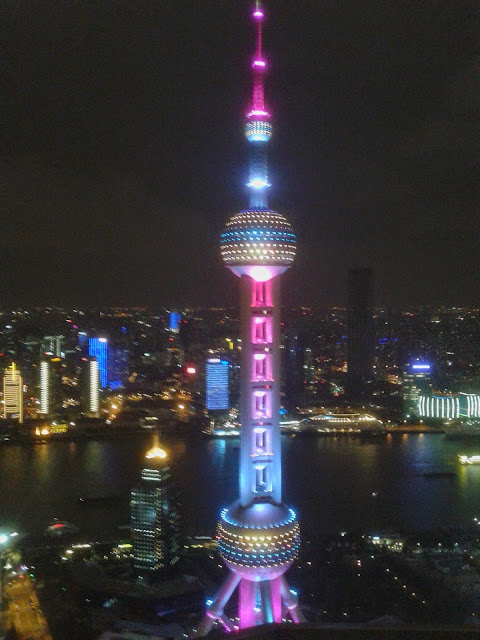The Fallacy of Work-Life Balance
I believe the contemporary term of "work-life balance" must be first coined from somewhere with a backdrop of mature economic development and liberal socialism, where most people have strong enough consumption power that they become particular with the quality of their leisure time.
In our contemporary era where the developed economies are increasingly steered towards knowledge and technology-based businesses for value creation, where creativity and innovation are the key drivers for new growth, the line between work and leisure—particularly for the so-called knowledge workers—is also increasingly blurred: for one simple reason, every leisure moment could also be a potential source of inspiration for the next big thing.
Incidentally, a recent article from the Economist: "why the rich now have less leisure time than the poor", also follows a more or less similar vein of reasoning.
"Work in advanced economies has become more knowledge-intensive and intellectual. There are fewer really dull jobs, like lift-operating, and more glamorous ones, like fashion design. That means more people than ever can enjoy “exploit” at the office. Work has come to offer the sort of pleasures that rich people used to seek in their time off. On the flip side, leisure is no longer a sign of social power. Instead it symbolises uselessness and unemployment."




Comments